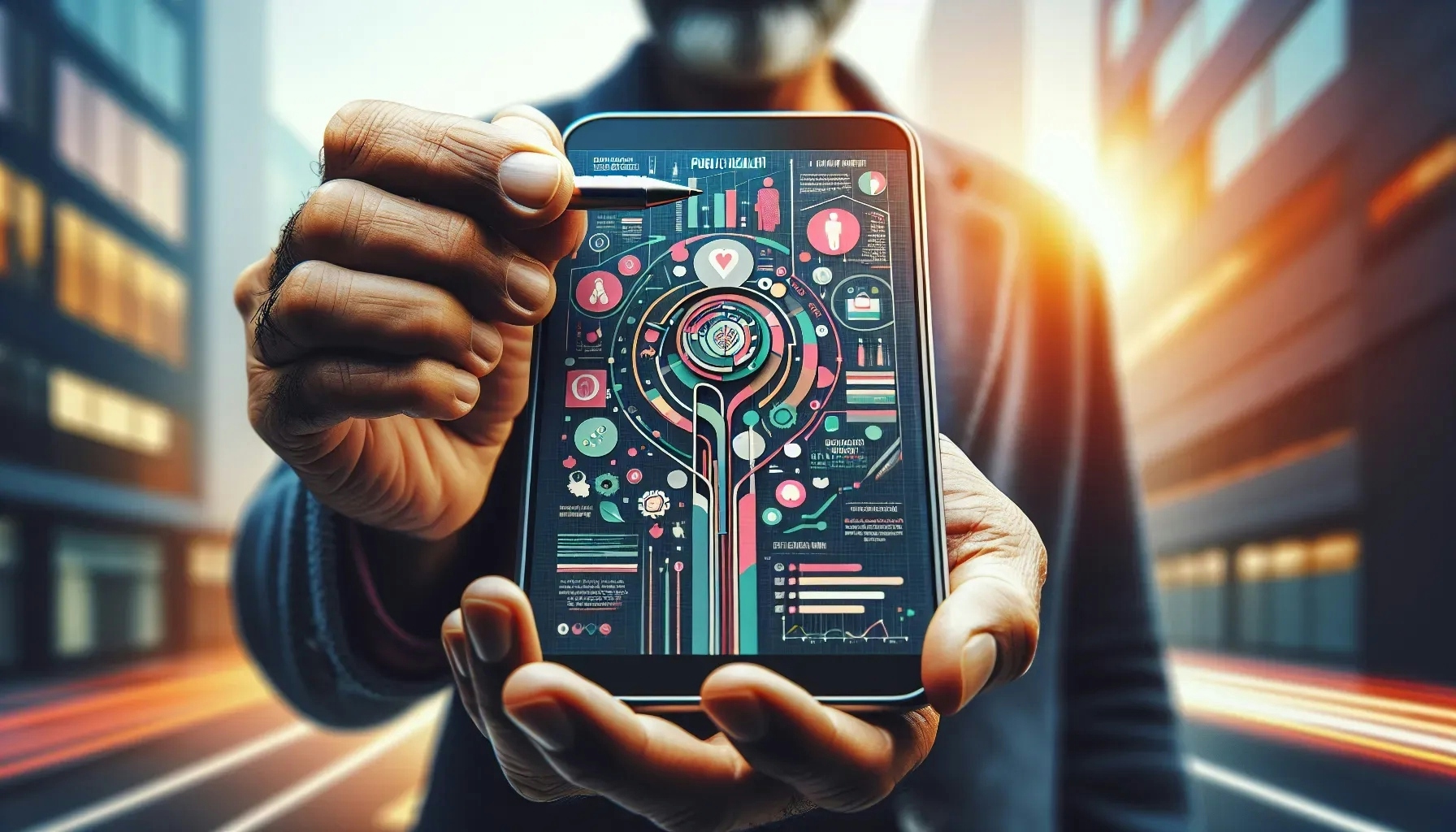How is Social Media Used as a Tool for Public Health Education by Epidemiologists?
Social media has become an indispensable platform for public health education, as demonstrated by an RN and Founder who leverages Instagram Reels to educate the public. Alongside expert insights, we’ve also gathered additional answers that highlight the diverse ways social media can be harnessed for health communication. From the strategic use of hashtags to promote immunization to countering misinformation with timely responses, discover how professionals are tapping into digital tools to advance public health.
- Educate with Instagram Reels
- Demystify Pain on Twitter
- Share Outbreak Updates Globally
- Promote Immunization with Hashtags
- Spread Infographics for Disease Prevention
- Engage with Health Quizzes
- Counter Misinformation with Timely Responses
Educate with Instagram Reels
We use Instagram Reels to educate about the various uses of injectable treatments and make sure to do a mix of informative content and humor. This not only educates but also informs on all the wonderful ways injectables can be used! It not only helps inform patients of more options but has also led to patients reaching out to us to learn more about these treatments!

Demystify Pain on Twitter
Social media is a powerful conduit for public health education, especially in demystifying misunderstood aspects of pain—a common yet often misconceived experience. As a pain physician, I leverage platforms like Twitter and LinkedIn to bridge knowledge gaps surrounding pain.
The open nature of social media fosters an environment where individuals feel comfortable asking questions they might shy away from in a clinical setting. This accessibility is paramount, as it enables real-time education for those seeking answers without the wait associated with clinic appointments. Through curated content, I address common misconceptions about pain, emphasizing that social media insights serve as informational supplements, not personalized medical advice.
By elucidating the multifaceted nature of pain, I contribute to broader public health discussions. Social media allows me to dismantle misinformation, providing accurate and accessible information about pain management. This proactive approach is crucial in a landscape inundated with misconceptions. While emphasizing the limitations of online advice, I aim for individuals to understand their experiences.
In essence, social media becomes a dynamic educational space, where I contribute to public health by disseminating accurate information, fostering awareness, and challenging the prevalent misconceptions surrounding pain.

Share Outbreak Updates Globally
Epidemiologists utilize social media to share updates on disease outbreaks as they happen across the globe. This approach allows the public to receive timely and crucial data regarding the spread of illnesses. Real-time tracking of epidemics through social media can help individuals understand the severity and reach of health issues, encouraging proactive measures.
The convenience of receiving updates through social platforms means that more people are likely to engage with the content. Social media turns into a virtual bulletin board for critical health alerts. Stay informed by following trusted health organizations on your social feeds.
Promote Immunization with Hashtags
Through social media, epidemiologists can harness the power of hashtag campaigns to promote immunization efforts. By creating a unifying tag, they can aggregate and elevate content related to vaccines, reaching a wider audience. Hashtags create a sense of community and solidarity in the fight against preventable diseases.
In addition, they make it easier for individuals to find and share information about vaccination drives in their region. The visibility of such campaigns is pivotal in raising public awareness and vaccination rates. Show your support for public health by sharing vaccination hashtags with your network.
Spread Infographics for Disease Prevention
Social media provides a versatile platform for sharing educational content, like infographics, which epidemiologists use to convey disease prevention techniques. Infographics translate complex data into visual formats that are more easily understood by the general populace. These graphics often contain actionable advice on how to avoid contracting or spreading diseases, which is crucial for maintaining public health.
The shareable nature of infographics means that they have the potential to rapidly reach vast audiences. By distilling information into a more digestible form, they foster greater awareness and understanding. Help spread the word by sharing preventative infographics online.
Engage with Health Quizzes
Epidemiologists are turning to social media to create interactive experiences such as quizzes that test the user's knowledge on health matters. These quizzes offer a fun way for people to engage with serious subjects like disease transmission and healthy practices. The interactive element encourages learning and retention of information in a way that can be more effective than reading articles or watching videos.
With instant feedback on their answers, quiz-takers can immediately understand their health knowledge gaps. This method provides a unique opportunity for epidemiologists to educate the public on health topics. Challenge your friends to a health quiz and see who knows more.
Counter Misinformation with Timely Responses
The rapid spread of misinformation on the internet is a significant challenge, but social media offers epidemiologists a tool to counter it quickly. By maintaining an active presence online, public health professionals can monitor and address false claims as they arise. Timely corrections are essential in preventing misconceptions from taking root among the population.
With social media's extensive reach, these clarifications can be disseminated just as widely as the misinformation itself. Credible, evidence-based information becomes more accessible to individuals, which is critical in upholding public health. Report and counter health misinformation when you see it to help keep the community well-informed.

